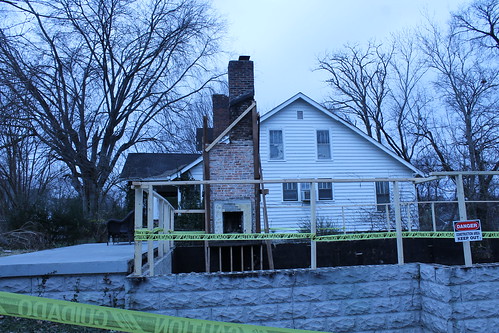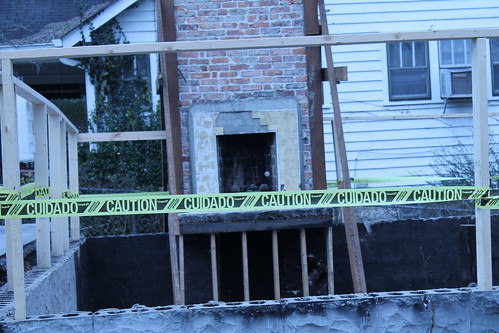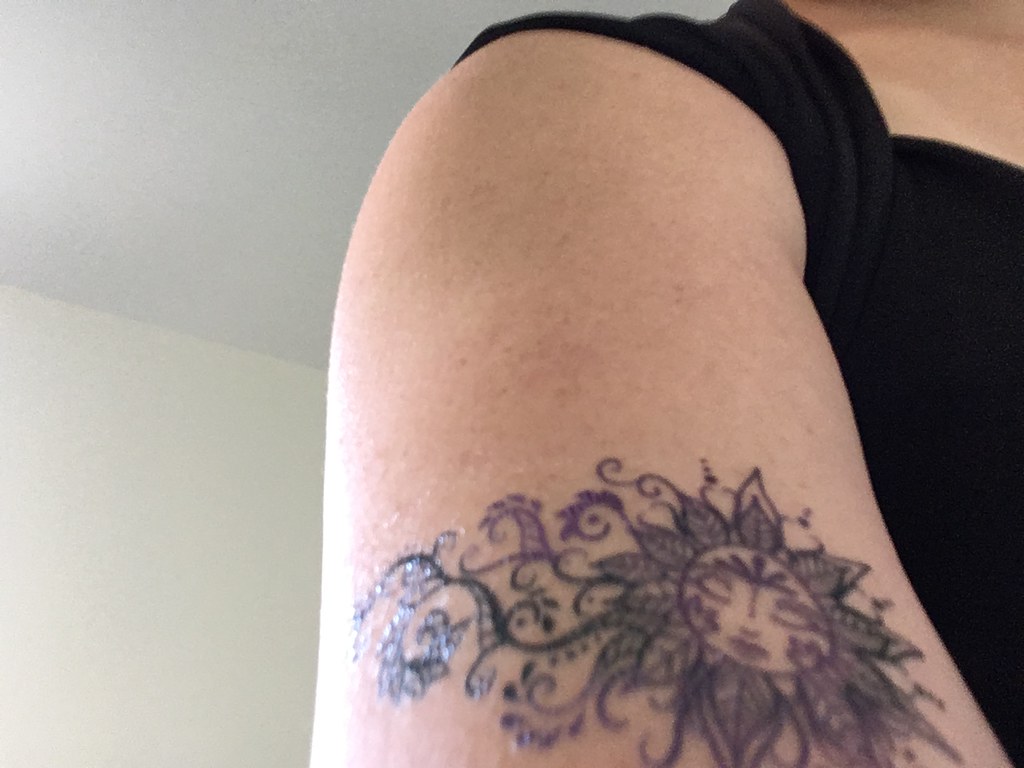[third attempt]
When you have literally watched both your parents die, and tenderly tended to your honorary parents on their deathbeds, you can forgive yourself for getting drunk on a Monday-Tuesday night because the anguish keeps you from falling asleep. You write dozens of postcards to voters while listening to Szell and then Muti conduct Beethoven’s 9th, which you have longed to sing for more than 30 years but have never been in the right place at the right time.
It is okay. Your poetry career is currently taking a back seat to the day job and doing dishes and doing your part to help save the republic, but you are also dipping into your copy of Raymond Carver’s collected poems when your head is in the right place, and your minister has on file that you want Carver’s “Late Fragment” printed in the program for your memorial service. You know that your odds of reaching the other side of the flattened curve are not great, given your history of respiratory distress. You recognize that you will be attending funerals on Zoom before a vaccine becomes widely available, but you also participated in a wedding-qua-namechange-ceremony Sunday afternoon with a friend you’ve known since 1985, and wasn’t that a fine thing? Your parents grew up in poverty, under martial law, and your now-demented aunt refuses to speak Mandarin because Chiang Kai-Shek’s goons murdered all the intellectuals when they fled China. You have the gift and curse of perspective. You will write more songs if you live long enough. You are crying as you type this, and you would be even if you had sipped only water for the past twenty hours. You have far too many ghosts making demands on you, but they also drive you to care more deeply and speak more truly sooner to the people who are still here. Which is ultimately what you hope for with your poetry, so it is okay that right now it expresses itself in haphazard emails and postcards rather than haiku and iambic pentameter. We will find our way back into form if we live long enough. And if we don’t, we will still know ourselves beloved on the earth when we draw our last breath.


